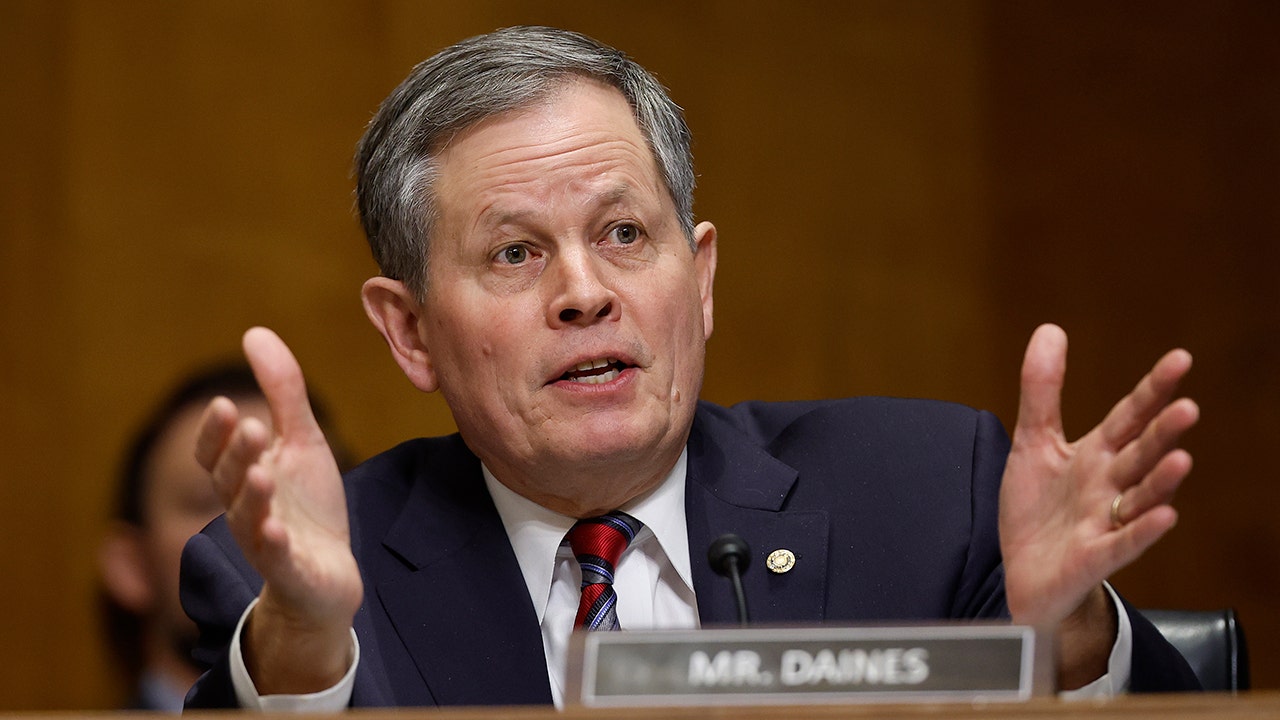Biden’s former doctor asks to delay testimony to House panel, citing patient privilege concerns

WASHINGTON (AP) — Former President Joe Biden’s physician has asked to delay his testimony before the House oversight committee this week, citing the need for an agreement that will respect doctor-patient confidentiality rules as part of the investigation into Biden’s health in office.
Dr. Kevin O’Connor, who served as Biden’s physician at the White House, requested a delay until the end of July or early August “to reach an accommodation that will protect the very substantial privilege and confidentiality interests of Dr. O’Connor and former President Biden,” according to a letter from his lawyer sent to Rep. James Comer of Kentucky on Saturday. The Associated Press obtained a copy of the letter.
A spokesperson for Oversight Republicans said the committee will follow the House’s deposition guidelines, which allow for witnesses to assert privilege on a question-by-question basis, with the committee chair ruling on each claim. But O’Connor is not allowed, in the committee’s view, to delay or decline a congressional subpoena due to concerns over questions about potentially privileged information.
The back-and-forth is part of a broader struggle over the scope of the House Republican inquiry into Biden’s age and mental fitness, with serious implications for both politics and policy. Republicans have also claimed that some policies carried out by the White House “autopen” may be invalid if it is proven that Biden was mentally incapacitated for some part of his term.
Biden has strongly denied claims that he was not in a right state of mind at any point while in office, calling the claims “ridiculous and false.”
The House Oversight Committee first requested O’Connor testify before the committee last July, but the Biden White House blocked his testimony. Comer renewed his request in May and later subpoenaed the doctor in June.
David Schertler, the attorney for O’Connor, in the letter said the committee is refusing to “accommodate to any degree Dr. O’Connor’s objections” over protecting privilege. He said the committee’s decision was “unprecedented” and “alarming” and warned that it threatened broader principles around medical privacy.
Scherlter said O’Connor could face “serious consequences” for violating his obligations as a doctor, including losing his medical license.
In a June subpoena of O’Connor, Comer said that claims of physician-patient privilege under the American Medical Association’s code of ethics “lack merit” because that code is not part of federal law. He said the committee’s subpoena meets the AMA’s own requirement that physicians must share a patient’s medical information if “legally compelled to disclose the information” or “ordered to do so by legally constituted authority.”
Comer has promised that the committee will make all its findings public in a report after the inquiry has finished. He has subpoenaed O’Connor and Anthony Bernal, former chief of staff to former first lady Jill Biden. The committee last month heard voluntary testimony from Neera Tanden, former director of Biden’s domestic policy counsel.
The committee has also requested the testimony of nearly a dozen former senior Biden aides, including former White House chiefs of staff Ron Klain and Jeff Zients; former senior advisers Mike Donilon and Anita Dunn; former deputy chief of staff Bruce Reed, former counselor to the president Steve Ricchetti, former deputy chief of staff Annie Tomasini and a former assistant to the president, Ashley Williams.
The Trump White House has waived executive privilege, a principle that protects many communications between the president and staff from Congress and the courts, for almost 10 senior former Biden staffers. That move clears the way for those staffers to discuss their conversations with Biden while he was president.
While the privilege can apply to former staffers, the decision of whether to waive it is decided by the sitting administration.
